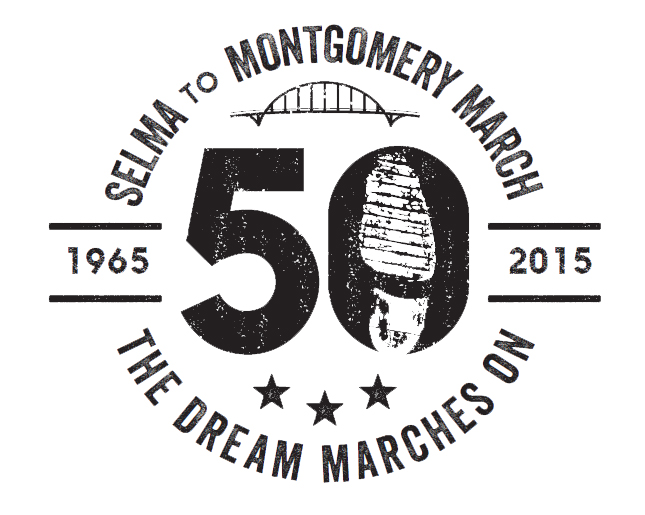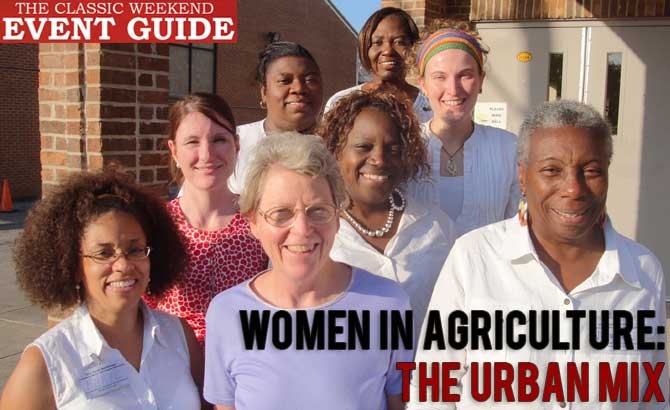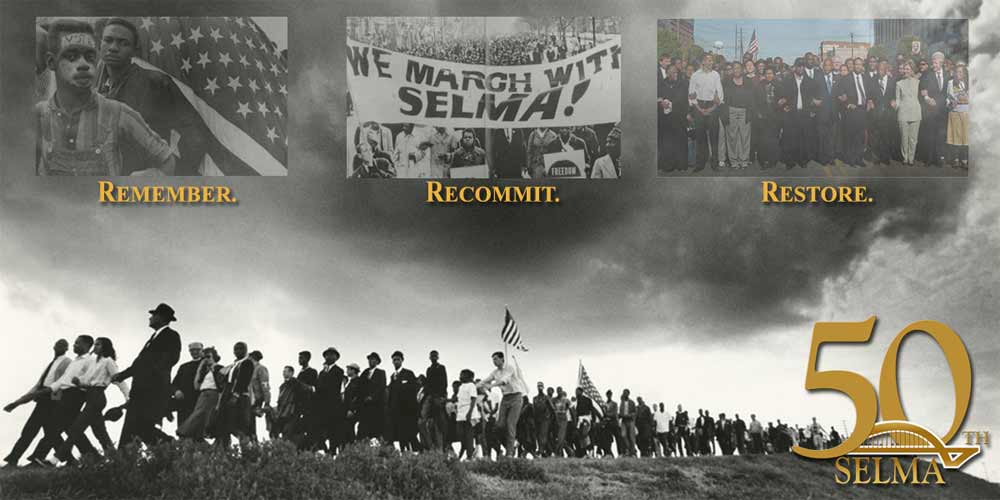If you’re putting lettuce and tomatoes on your tailgate burger at the 70th Magic City Classic, you might well consider the hands who helped grow it.
More than ever, Americans are paying more attention to where their food comes from, whether it’s grown organically (the way nature intended) by a trusted local farmer or through some test-tube, bio-chemically altered version grown on corporate farms.
And they are also more inclined to buy their vegetables and fruits from someone close by, say on a farm in the Black Belt, or even a patch of cultivated ground in the ‘hood, to keep the money circulating in their state and local economies.
Such are the trend that motivated Hopewell Baptist Church’s non-profit to become a member of Women in Agriculture program through Alabama A&M’s Small Farms Research Center. The Center was first developed in 2000 to assist minority land owners and farm operators, especially women, African Americans and other underserved individuals improve their farm management practices in order to operate profitable farming businesses.
Gail Hipps, the new director of Project Hopewell’s Birmingham Women In Agriculture program, said she wanted to focus on the business aspect of growing as well as building community through an urban garden. The 2011 WIA conference earlier this month featured speakers on topics ranging from Quickbooks and social media to edible landscaping and healthy organic eating.
“We are the only urban WIA group in Alabama, so for us there are no rules,” she said. “Our goal is to empower women by teaching them about all businesses, including those related to farming. We also want to teach the community about creating jobs for our people and healthy eating by growing their own food.”
The group tilled the ground for a new community garden where master gardeners planted winter crops such as turnip greens, cabbage, collard greens, and rutabagas with the help of neighborhood volunteers.
WIA is also participating in a new farmers market in the southwestern edge of Birmingham. Since 1994, the number of farmers markets that the U.S. Department of Agriculture publishes in its national directory has more than quadrupled by August 2011, says its Marketing Service fact sheet. Many of the newer ones are springing up in urban areas.
The Southwest Fresh Market is part of the Urban Food Project, an initiative of Main Street Birmingham and other organizations, to bring healthier food choices to areas called “food deserts,” where there are no grocers offering quality fruits and vegetables. (See “Conquering Food Deserts” for more definitions and details.)











